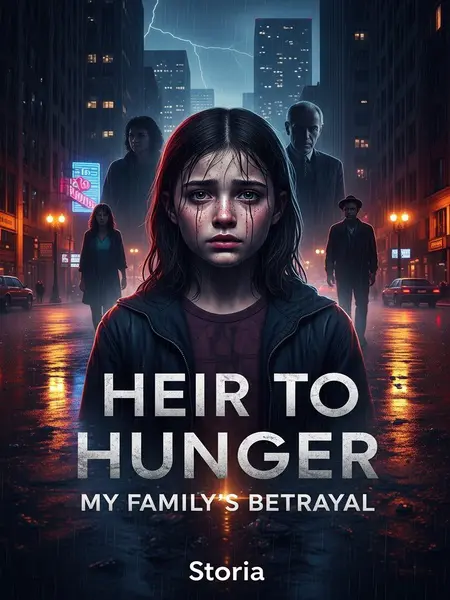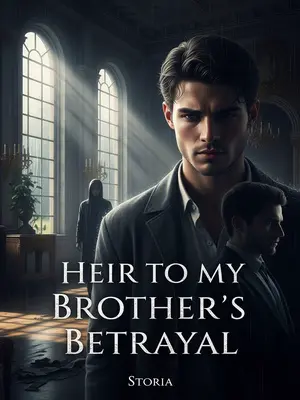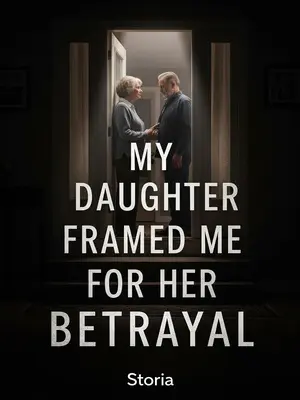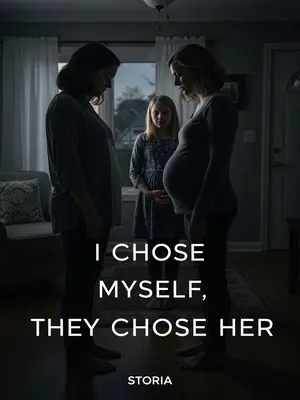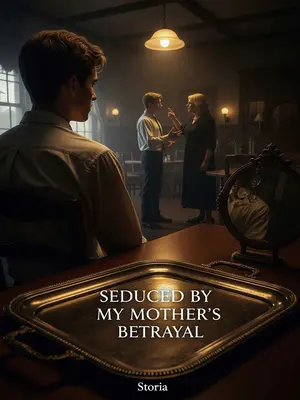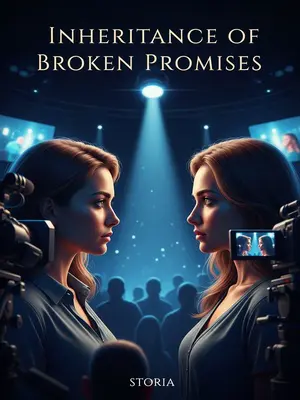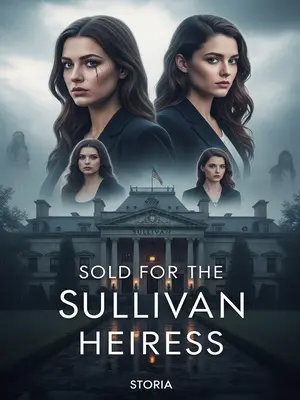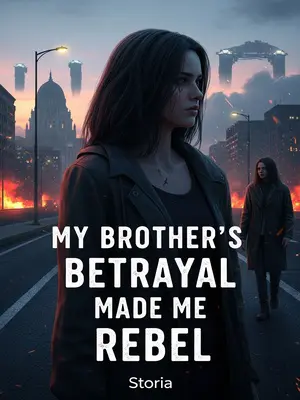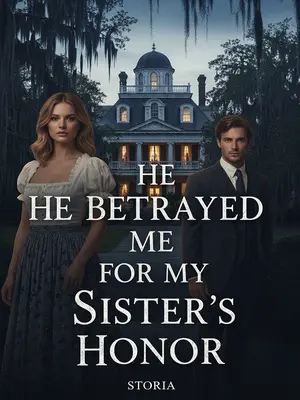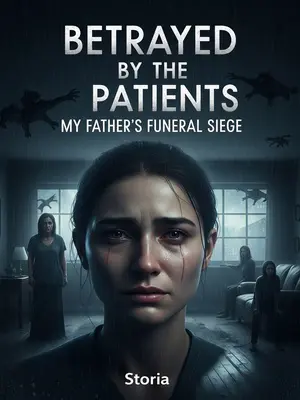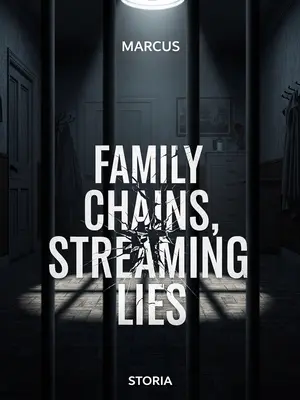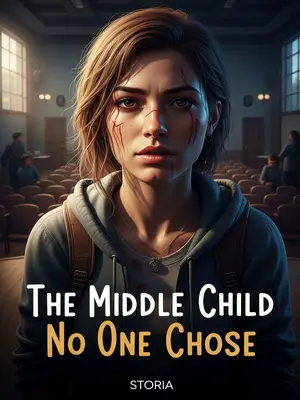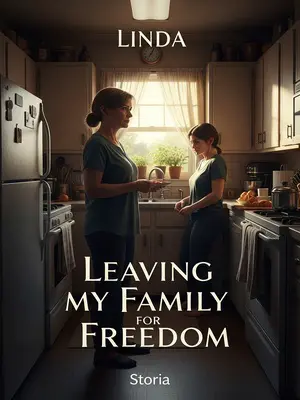Chapter 1: Blood Isn’t Always Family
When I was eight years old, the night my father beat my mother to death, I ran away.
Even now, the panic from that night still claws at my chest—the icy sweat, the ragged sound of my breath as I slipped out the back door. My heart thudded like a freight train barreling down the tracks behind our house. The city lights of Chicago shimmered far off in the distance, a promise I could barely believe in. Still, I ran. Maybe that glow meant safety. Maybe it meant nothing at all.
Before she died, my mother told me to find my uncle. She said he was a real war hero—John Redford, the man whose picture was in the Chicago Tribune, the one folks called a legend around Cook County.
She’d whispered it to me in the dark, her voice cracked and desperate, like she was telling me the last thing that mattered. “He’s tough as nails, but he’s family. John Redford, remember? He made the front page—‘County’s Own Hero,’ they called him.” I remember the way her words hovered between us, heavy and urgent. I held onto them like a lifeline.
She said that since we were family, he’d feed me—he’s family, he’d feed you, at least. That’s what she promised, and I wanted to believe her.
Her hand shook as she brushed the hair out of my eyes. “He’s proud, but he won’t let you starve. Blood is blood, honey.” She paused, her voice thick with emotion. Blood is blood.
But when I finally found my uncle on the street, he was holding my cousin Emily—Aunt Margaret’s youngest. He looked down at me from above, his eyes cold.
He towered over me in a suit so crisp it looked like it had never seen a wrinkle, not even in the sticky Chicago summer. He barely glanced at me, shifting his weight, his grip tightening on Emily’s tiny hand.
“Something as filthy as you—why don’t you just disappear?”
The words hit like a slap across the face. People streamed past, not noticing, but my cheeks burned with shame. He spoke so loud a couple of folks turned to stare, then looked away just as fast. My whole body felt like it was shrinking.
When he saw the light die in my eyes, he sneered with contempt. My stomach twisted. I felt the sting of it, deep and hot.
His upper lip curled. He gave me that look—like I was gum stuck to the bottom of his shoe. I tried not to flinch, but my fists curled up tight at my sides.
“Looking for money? Tell your good-for-nothing mother to come find me herself.”
His voice sliced through the city’s noise, sharp and uncaring. He didn’t care who heard him, didn’t care that I was just a kid with a stomach so empty it ached. He looked right through me.
After that, he took Emily—my beautiful little cousin—into the jewelry store and bought her a pair of gold bangles.
They walked past the big glass windows, and I watched from the curb, shivering in my thin jacket. The store glowed with music and laughter, a world apart from mine. I pressed my nose to the glass, wishing I could step inside.
I’d never seen anything so pretty before. Golden. Gleaming. Tiny hearts and deer carved into the metal. It was like something out of a fairy tale.
Those bangles caught the light, sparkling under the fluorescent bulbs. Everyone in the shop turned to look. I pressed my nose to the window for just a second before the security guard shooed me away, waving me off like I was a stray dog.
They glittered on Emily’s wrists.
She giggled, spinning her arms so the gold flashed. Her hair was braided neat, her pink dress dotted with tiny white flowers. I caught my own reflection—wild hair, smudged cheeks, old clothes two sizes too big. I looked like I belonged on the street.
“What are you staring at? Think you deserve to have anything of Emily’s? Look again and I’ll make you sorry.”
His voice could freeze water. For a second, I thought he might really hit me, right there in front of everyone. I turned away, hugging myself, wishing I could just disappear.
My uncle glared at me one last time, then strutted away with Emily.
He walked like he owned the whole block, never looking back. I watched them fade into the crowd, the bangles chiming with every step.
I stared at his back for a long time, frozen in place.
The world felt like it had shrunk. Just me and the dirty sidewalk. My breath fogged in the evening air. I wanted to scream, but all I could do was stare at the spot where they’d vanished. Why couldn’t I move?
Clutching my empty stomach, I lowered my head in defeat.
My hands shook as I pressed them to my belly. I tried to remember the last time I’d eaten a real meal, but all I could think of was the burning in my throat from holding back tears.
Mom was wrong. Uncle wouldn’t give me food.
I tried to picture her face—soft, tired, but still hopeful. The memory hurt worse than my hunger.
He could buy those bracelets for Emily like it was nothing. But when I begged for just a dollar, just enough for a sandwich, he told me to have my mother come find him. Like I was invisible.
The memory burned. I thought about all the things a dollar could buy—a sandwich, a cup of soup, maybe even a chocolate bar if I was lucky. To him, it was pocket change. To me, it was survival.
But Mom was already dead!
I wanted to scream it at him, but the words stuck in my throat. Nobody cared. Not here.
Chopped up by my father and tossed out like garbage.
I could still see the stains on the kitchen floor, the way the neighbors whispered behind their curtains. The memory made my skin crawl. I felt sick, hollow.
The Chicago streets bustled with people.
Cars honked, kids shouted, the L rattled overhead. Life kept going, even as my world collapsed. No one even looked at me.
But as the sky darkened, a fine rain began to fall.
It started as a drizzle, then turned cold and sharp, soaking through my thin sleeves. The city lights blurred, colors smeared across the wet pavement. I shivered, teeth chattering.
I shrank under the eaves of an alley, rolling up my sleeve. My skinny wrist was covered in hideous knife scars—some faded, some fresh, some scabbed over, others still oozing. They crisscrossed my skin like a road map.
My skin prickled in the cold. I stared at the scars, tracing them with a trembling finger. Ugly, angry red lines—proof I’d survived, even when it felt like I shouldn’t have.
Whenever my father got angry, he’d take out his pocketknife and cut me—shallow and slow, dragging it out like he wanted to savor every second.
His breath always stank of whiskey and cigarettes. He’d laugh when I cried, holding me down with one hand, slicing with the other. I learned not to make a sound, not to fight back. Silence was safer.
He was always drunk on it, even licking my blood.
Sometimes, after he finished, he’d wipe the blade on his jeans and lick his fingers, grinning like he’d tasted something sweet. I wanted to vomit.
It felt like being licked by a snake’s tongue—disgusting and terrifying.
My skin crawled at the memory. I shuddered, curling tighter into myself, wishing I could scrape the feeling away forever.
